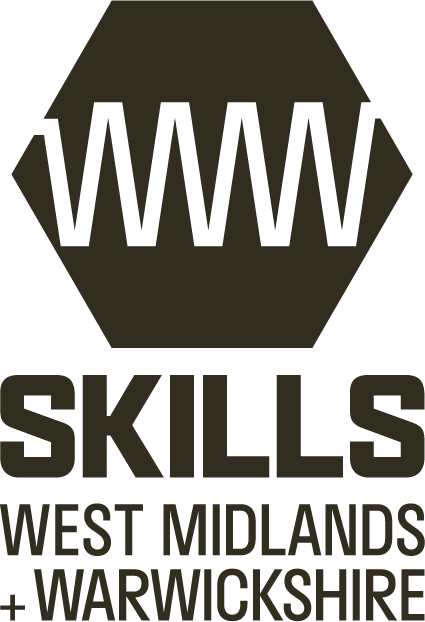Course subject to reapproval. Our Dental Technology Foundation Degree blends academic learning with
practical placements, so you'll continually apply theory to practice. The
modules will equip you with the skills and knowledge needed to thrive in the
dental technology industry. You will work on placement in a dental laboratory, allowing you to develop
and apply the expertise needed to manufacture dental appliances. You'll also
work in purpose-built laboratories, to learn the fundamental skills used in
dental technology services. Course length: 2 years (full time) or 3 years (part
time)
Colour Schemes
Font Size
- A
- A
Dental Technology Foundation Degree – University of Worcester
Level 5 - Professional & University
Dental Technology Foundation Degree - University of Worcester
Our courses are informed by research and current developments in the
discipline and feedback from students, external examiners and employers. Modules
do therefore change periodically in the interests of keeping the course relevant
and reflecting best practice. The most up-to-date information will be available
to you once you have accepted a place and registered for the course. If there
are insufficient numbers of students interested in an optional module, this
might not be offered, but we will advise you as soon as possible and help you
choose an alternative.
Location
Entry
Fees
When
Matthew Boulton College
15-09-2025
£9,535.00*
Matthew Boulton College
15-09-2025
£9,535.00*
Course Length: 26 - 30 Weeks
32 UCAS tariff points from a minimum of 1 A Level (or equivalent Level 3 qualification) and a maximum of 3 A levels
4 GCSEs (Grade C/4 or above) including English and Mathematics
All students will be required to sit an English diagnostic assessment equivalent to Level 2. This is to establish if students require support and is used as supportive tool only.
Students whose first language is not English must have a minimum standard of English at IELTS Level 7 with no element below 6.5.
Teaching
The programme will be taught through lecturers, seminars, e-learning, workshops and work based learning (WBL). It also includes practical project and portfolio work by students. It is important that the programme provides a foundation of skills; knowledge and understanding which students can carry on through to other programmes. Opportunities for learning across the programme will be provided through in-class sessions supported by online resources, exercises and tutorials. The resources provided through class room delivery will form the basis for meeting the learning outcomes supported by further reading.
Essential resources will be available through the online learning platform, as will the formative assessments, in the form of quizzes and short answer questions. Links to videos and other learning resources will also be available through the online learning platform.
A number of custom-made components or devices will be used to develop understanding of the laboratory manufacturing processes. The development of skills in manufacture and application will be based initially around simple devices, fixed restorations and models and orthodontic appliances thus enabling the development of a range of skills related to dental technology.
Students will be required to complete a total of 400 hours of work based learning across the programme. This may be achieved through a minimum of one work placement for the duration of the programme. It is the student’s responsibility to find an appropriate work placement at a Dental Laboratory in the public or private sector. Students are allocated a work place mentor and a work placement officer. It is the work placement officer’s responsibility to formally assess the work placement logbook and the work place mentor will confirm the suitability of each appliance for presentation to the customer.
Lectures and tutorials will be used to underpin the practical components with the relevant theory, leading to greater comprehension of the skills being used. Transferable skills will be developed through the modules and embedded into the delivery for the work based modules. The work placements will be supported by work place mentors and college assessors.
Learning in the work-based environment is complemented by practical and technical skill development in the college laboratories where students are supported to achieve the required level of competence from basic to advanced skills, requiring development of professional judgement.
Assessment
Wide variety of assessment types, including practical assessment and examinations, coursework assignments, reflective practice and portfolio work, project work, presentations, case studies and reports.
Our Dental Technology Foundation Degree can prepare you for a range of careers in the dental technology industry. You’ll be able to:
* Manufacture dental appliances in commercial dental laboratories
* Study other areas of the dental industry e.g. hygiene and therapy courses
* Pursue a career in clinical dental technology, which may lead to owning your own laboratories
You’ll also be able to apply for direct entry to a third year BSc or BA (Hons) Top-up degree at the University of Worcester.
Year 1
* Oral Anatomy and Physiology and Basic Appliance Design* Basic Dental Technology Techniques* Introductory Dental Biomaterials Science* Employment Practice A
Year 2
* Dental Technology Techniques for Fixed Prosthodontics* Preparing for Practice and Future Employment* Dental Technology Techniques for Removable Prosthodontics* Employment Practice B



